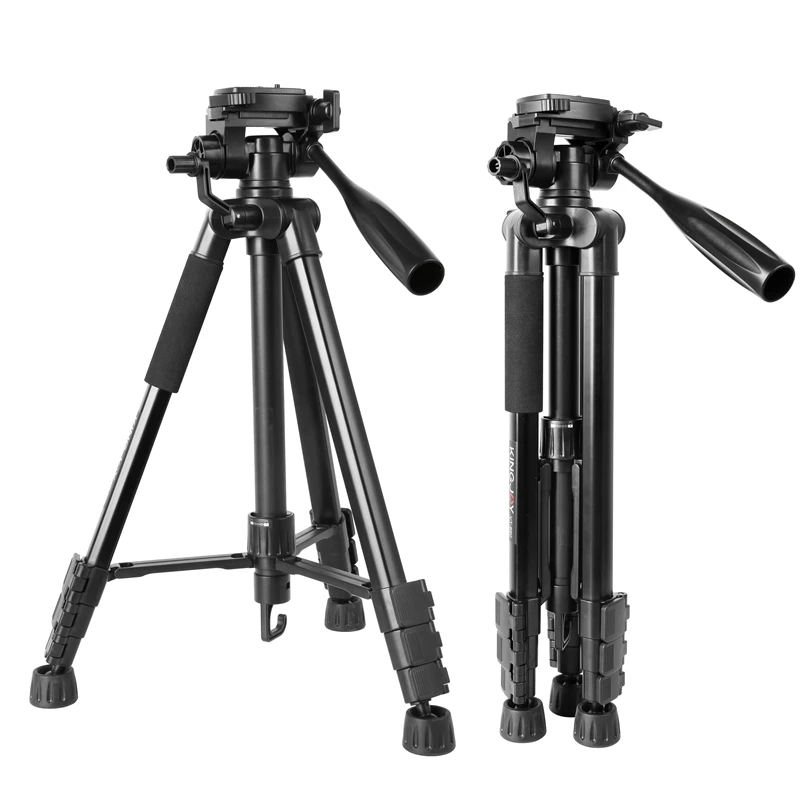

Virtually all professionals and many serious videographers opt for the enhanced performance and flexibility of a true fluid head and consider the extra cost well worth it. For example, you can set them to provide less damping and more responsiveness when shooting fast moving action, or more damping when you’re using long telephoto lenses and want to pan more slowly.

Without getting into the technical weeds, suffice it to say that there are two main types of fluid heads-fluid-effect heads, and true fluid heads. Not surprisingly, achieving this natural-looking fluid motion consistently requires a fluid head, which provides an effective damping mechanism in the form of a viscous substance like grease or oil contained in a restricted reservoir or channel that’s integral with the head’s panning and/or tilting mechanisms. You can’t really do this effectively with the ordinary friction-locking 3-way pan/tilt heads found on many still photography tripods because they have no damping mechanism to even out the force that’s applied by your hands to the control arm(s). However, if you expect to shoot smooth, professional looking video without the dreaded herky-jerky “home movie” effect, you must be able move the head very smoothly, evenly, and fairly slowly in either direction as the camera is recording the action. The most common and popular video head configuration is the pan/tilt head that’s controlled by one or two extending arms that allow you to easily move the attached camera horizontally (panning) and vertically (tilting) to follow the action. What exactly is a video tripod, and how does it differ from one that’s used primarily for shooting still pictures? Basically, it’s what’s on top that counts-namely the head that’s affixed atop the legs by means of a mounting screw. Vanguard Alta+ 264AP Aluminum Alloy Tripod with PH-32 Panhead, $169.99


 0 kommentar(er)
0 kommentar(er)
